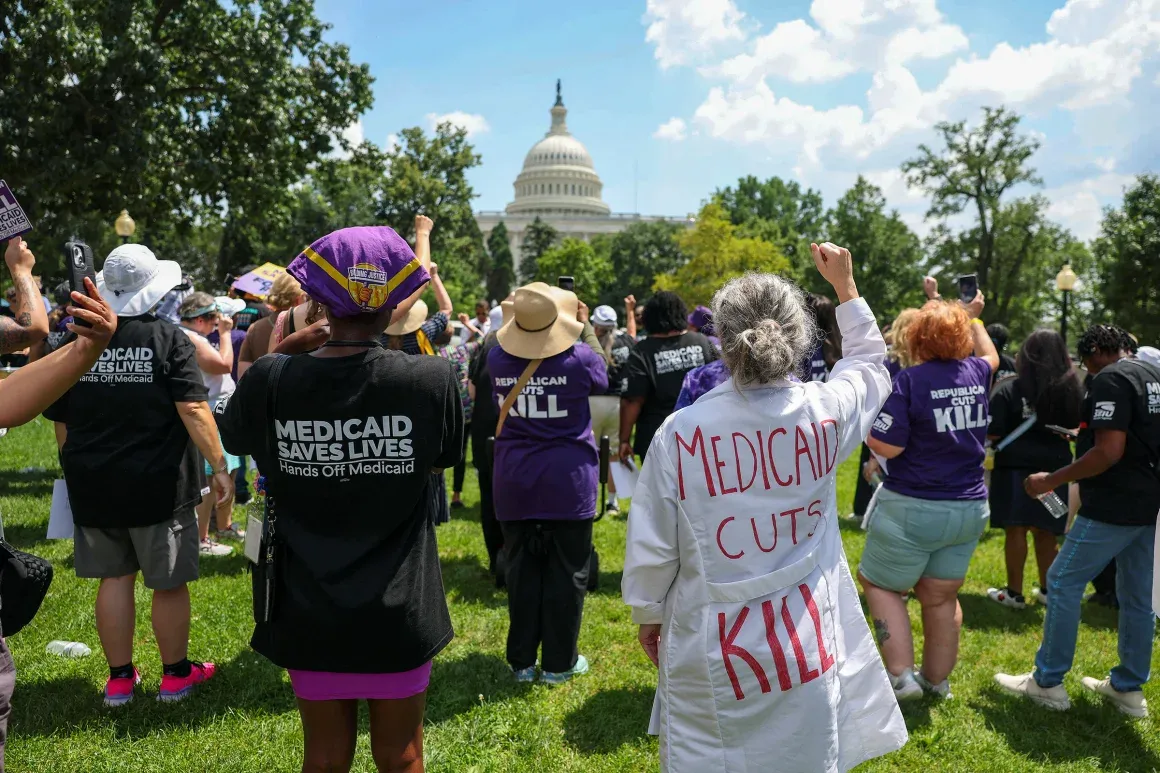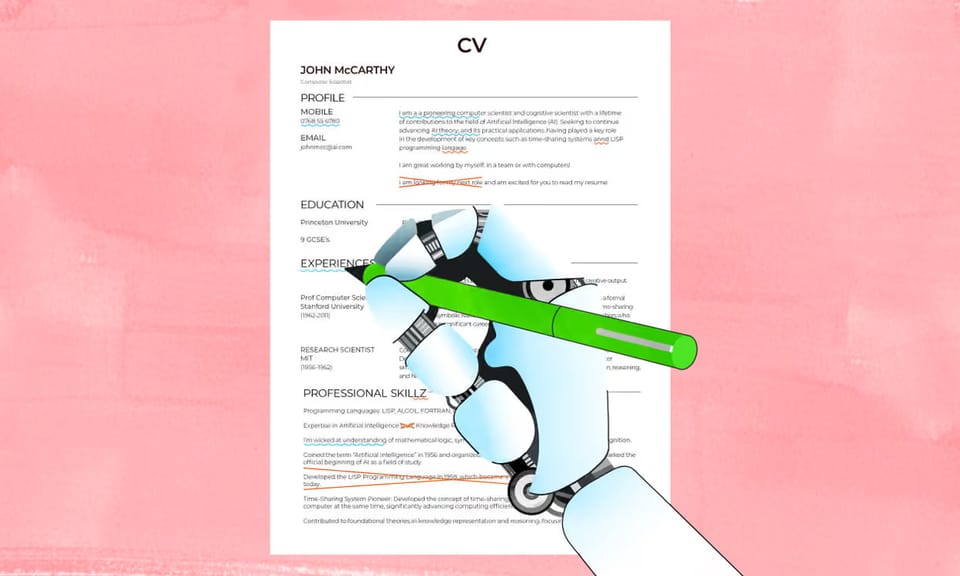Is Trump’s “Big Beautiful Bill” the Beginning of the End for Medicaid and Food Aid?


The U.S. Senate just passed a big bill called the “One Big Beautiful Bill.” It’s about how the government collects and spends money. The vote was tied, so Vice President J.D. Vance voted “yes” to break the tie. Now, the bill goes to the House of Representatives, where they’ll talk about it more and decide what to do next.
This bill has several changes; it keeps most of the tax cuts that President Trump gave people back in 2017. It also adds new ones for people who work overtime, get tips, or are seniors. It amplifies the child text credit, but mostly boosts wealthy individuals. The government will also increase spending on the military and border protection.
But at the same time, the bill cuts money for some government programs that help people, such as food assistance, healthcare for the poor, clean energy, and student loans. These cuts could cause 12 million people to lose health insurance, and some small-town hospitals might also have to shut down or help fewer people. Trump said the bill would remove taxes on Social Security money for seniors, but it doesn't fully remove them as promised. It only gives a small tax break, not a full one.
The Congressional Budget Office warns it could add to the national debt, which is estimated to be $3.3 trillion over the last 10 years, and even some Republicans are unsure about it. That’s because it could make the country spend way too much money, possibly up to $5 trillion more in 10 years.
If this bill becomes law, it will impact government assistance and taxation for years to come. The wealthy and big businesses might save money, but ordinary people, especially those with low incomes, could lose support for basic needs like food, healthcare, and education. This could also increase the government's debt. With elections approaching in 2026, politicians are paying close attention, as voters might react negatively to these changes, potentially influencing future voting decisions.
The bill in question could have a significant impact on the development of AI. On one hand, reduced funding for healthcare and education might slow down AI progress, limiting access to AI tools that benefit people. On the other hand, increased military funding could accelerate AI advancements in defense, particularly for companies like Palantir and Anduril, which focus on AI-powered systems for national security. This could lead to a shift in AI priorities, with more emphasis on defense and less on social benefits.
What are your thoughts on this "Big Beautiful Bill"? We'd like to hear, please reply and let us know.
*Disclaimer: The content in this newsletter is for informational purposes only. We do not provide medical, legal, investment, or professional advice. While we do our best to ensure accuracy, some details may evolve over time or be based on third-party sources. Always do your own research and consult professionals before making decisions based on what you read here.




